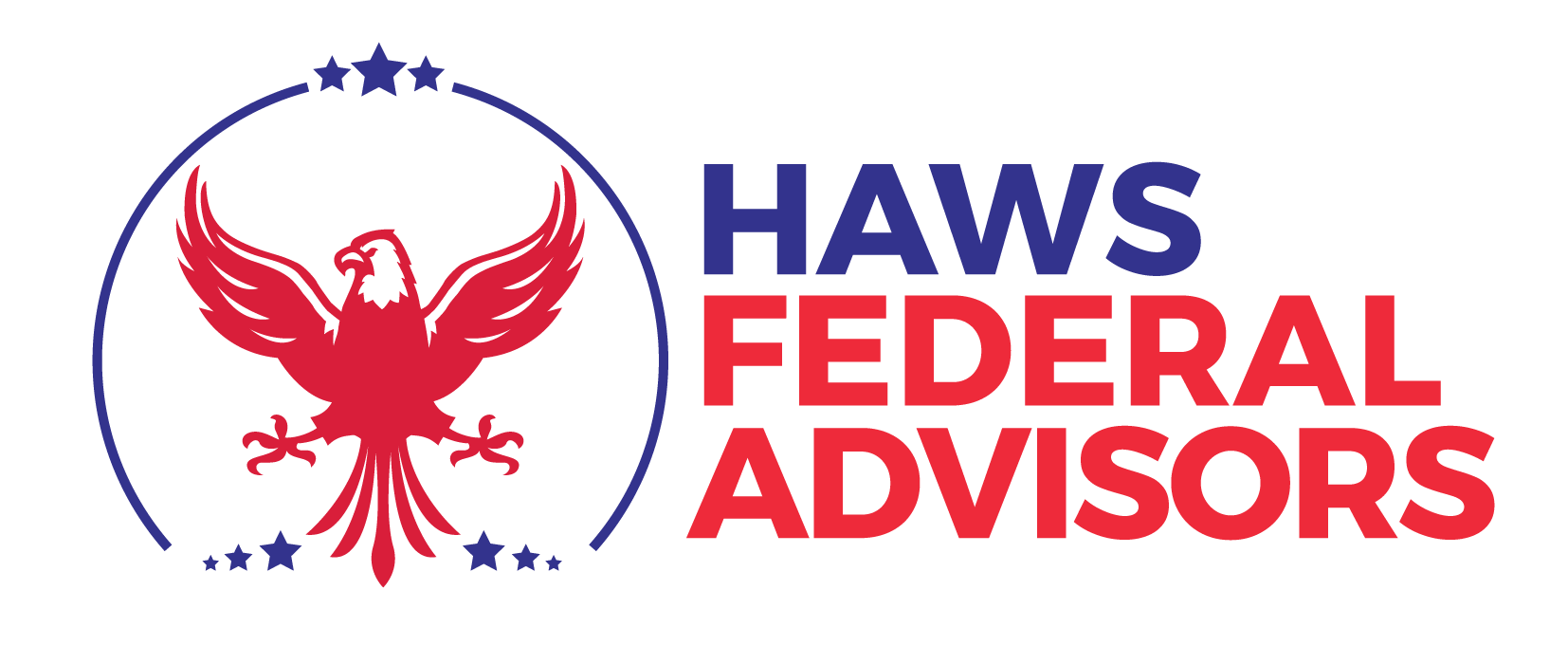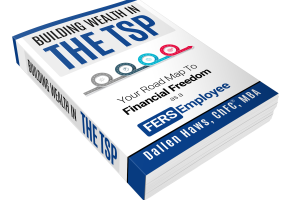The G-fund is an incredibly unique fund that isn’t available anywhere else in the world other than in the TSP. When investing in the G-fund you have a guarantee from the U.S. Government that you will not lose money in this fund. It also guarantees the return of long-term treasuries but allows you to trade in and out as if it were short-term treasuries. Basically, it gives you higher returns with virtually no risk. The reason you can’t find this type of fund anywhere else in the world is because it costs the government money every year to provide this fund for it’s employees.
Because the G-fund is seen as being 100% “safe”, it has become an incredibly popular option especially when the stock market is sporadic. People understand that there are risks with the stock market but the real question is, what is the cost of “playing it safe”? Over the last 10 years, this fund has averaged a return of about 2.3%. Over the same period, inflation averaged about 1.8%. If all your money is invested in the G-fund, after taking into account purchasing power, your account will grow very little.
Inflation is the #1 risk people face in retirement. Now that people are living for longer, it is becoming more important than ever to find a way to make sure you don’t outlive your money. The G-fund can be an incredible tool but is rarely the best option for your entire portfolio. Because everyone’s situation is different, the best portfolio is invested in the mix of funds that matches your stage of life and financial situation, but almost always should include some stocks. Stocks can be the key to making sure your retirement savings last throughout your retirement.
As we all know, investing in stocks has risks. We don’t know where the stock market will go in the short run. But we do know that if we average the last 50 years of stock market returns, it would be right around 10%. This means that despite all the ups and downs during that time, stocks have been a great investment.
Where people get into trouble is when they aren’t prepared financially or emotionally to wait out a storm (or another 2008). The average investor invests when times are good (when stocks are up) and sells when times are bad (when stocks are down) and they repeat the process until they are either broke or too scared to invest any more. This doesn’t have to be you. You can break the cycle today.
I don’t want to completely bash on the G-fund because it can play a very important role in your retirement plan. You just have to make sure that how you invest matches your goals and will enable you to have the retirement that you have always dreamed about.


